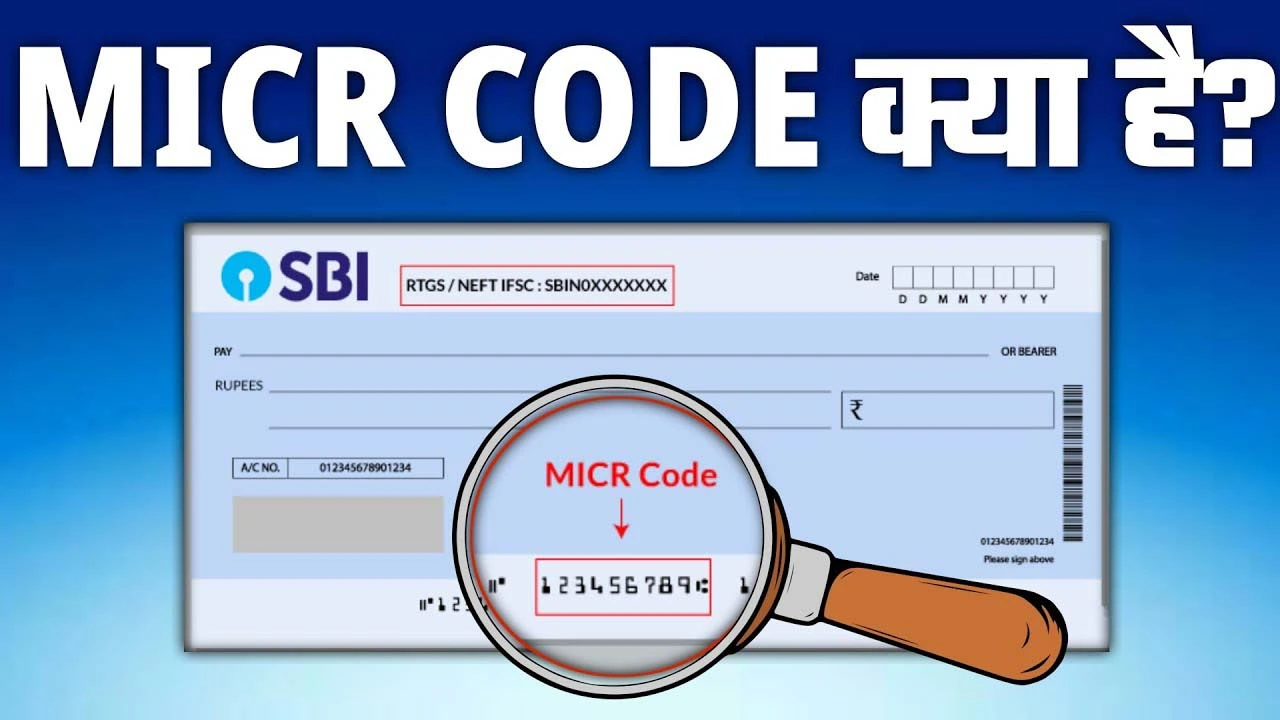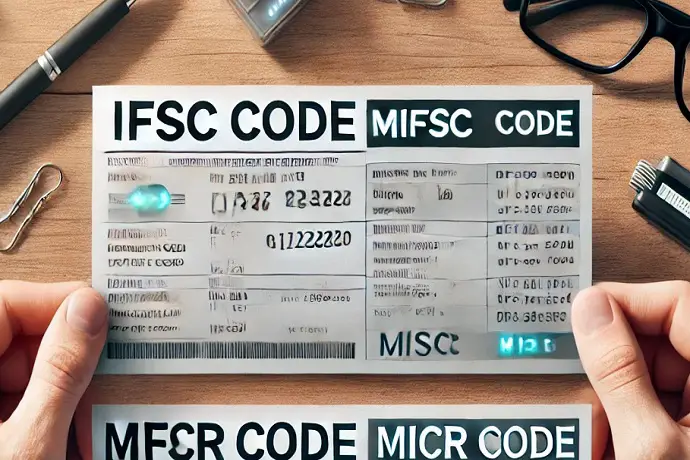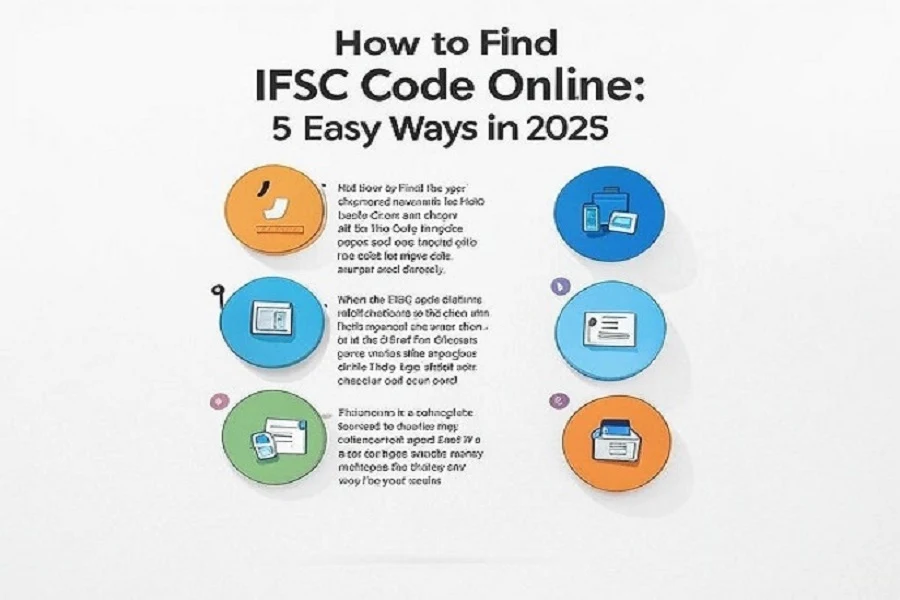
Safeguarding Your Finances: Essential Steps to Avoid Financial Fraud
Financial fraud is a pervasive and evolving threat that can have devastating consequences for individuals and businesses alike. As technology advances, so do the tactics employed by fraudsters. Protecting yourself from financial fraud requires a proactive approach and a commitment to staying informed. In this article, we'll explore key steps you can take to safeguard your finances and minimize the risk of falling victim to scams.
- Educate Yourself: Stay informed about the latest scams and fraud techniques. Familiarize yourself with common types of financial fraud, such as phishing, identity theft, and investment scams. Government agencies, financial institutions, and reputable websites often provide resources and updates on emerging threats.
- Secure Personal Information: Safeguard your personal information, including Social Security numbers, bank account details, and passwords. Be cautious about sharing sensitive information online, especially on social media platforms. Use strong, unique passwords for each of your accounts, and consider using two-factor authentication for added security.
- Monitor Accounts Regularly: Stay vigilant by regularly reviewing your bank and credit card statements. Report any unauthorized transactions or suspicious activity to your financial institution immediately. Many institutions offer mobile apps and alerts that can notify you of unusual account activity in real-time.
- Use Secure Websites and Networks: When conducting financial transactions or accessing sensitive information online, ensure that you are using secure, encrypted websites. Look for "https://" in the website address, indicating a secure connection. Avoid accessing financial accounts on public Wi-Fi networks, as they may be more susceptible to hacking.
- Beware of Phishing Attempts: Be skeptical of unsolicited emails, messages, or phone calls requesting personal or financial information. Phishing scams often mimic legitimate organizations, so verify the authenticity of any communication by contacting the institution directly using contact information from their official website.
- Keep Software Updated: Regularly update your computer, smartphone, and other devices with the latest security patches. Outdated software may contain vulnerabilities that fraudsters can exploit. Enable automatic updates whenever possible to ensure you have the latest security features.
- Shred Documents: Dispose of sensitive documents, such as bank statements, credit card offers, and receipts, using a cross-cut shredder. Dumpster diving is still a common method used by criminals to obtain personal information.
- Check Your Credit Report: Obtain and review your credit report regularly from major credit bureaus. Look for any discrepancies or unfamiliar accounts, as this could be an early sign of identity theft. Federal law allows you to request a free credit report from each bureau annually.
- Invest Wisely: Be cautious of investment opportunities that promise high returns with little risk. Research and verify the legitimacy of investment opportunities and seek advice from reputable financial advisors. Remember, if it sounds too good to be true, it probably is.
- Report Suspicious Activity: If you suspect you've been a victim of financial fraud, report the incident to your financial institution, local law enforcement, and relevant government agencies. Reporting can help authorities track and combat fraudulent activities.
Protecting yourself from financial fraud requires a combination of awareness, diligence, and proactive measures. By staying informed, securing personal information, and adopting best practices in online and offline financial activities, you can significantly reduce the risk of falling victim to scams. Remember, taking these steps is an investment in the security of your financial well-being.
National Cyber Crime Reporting Portal












